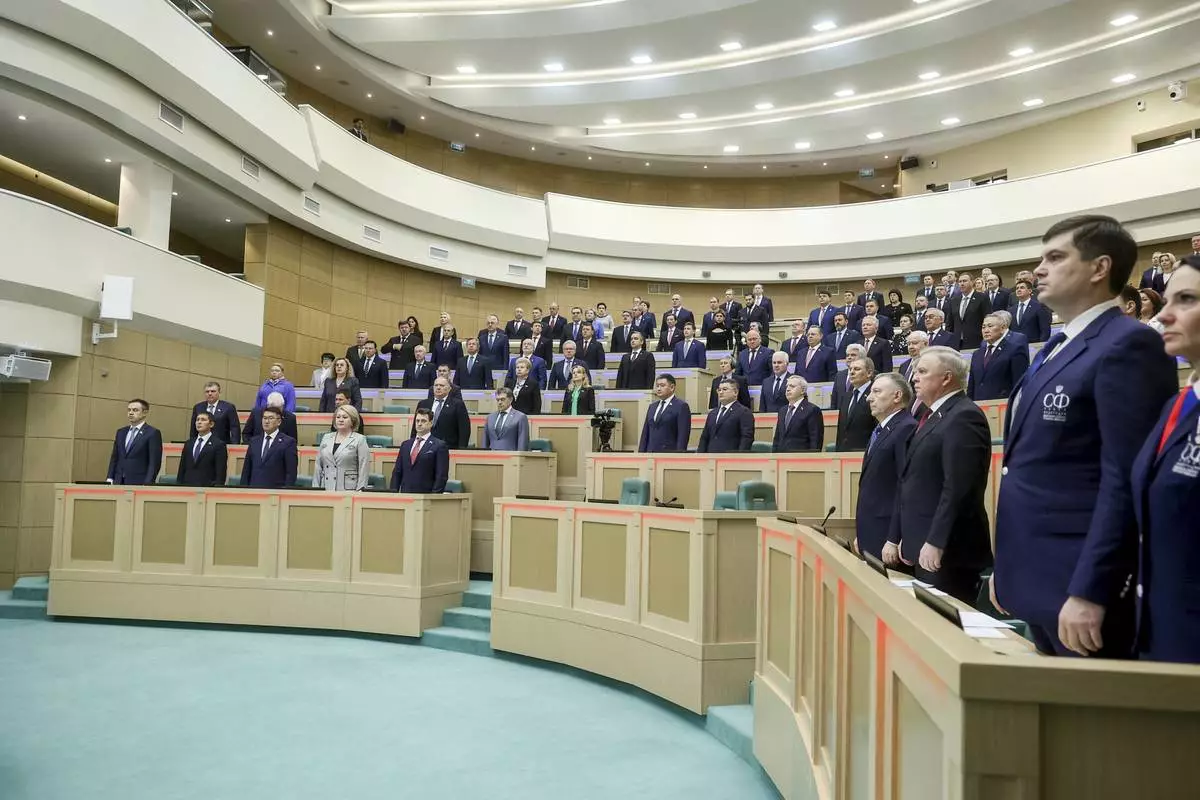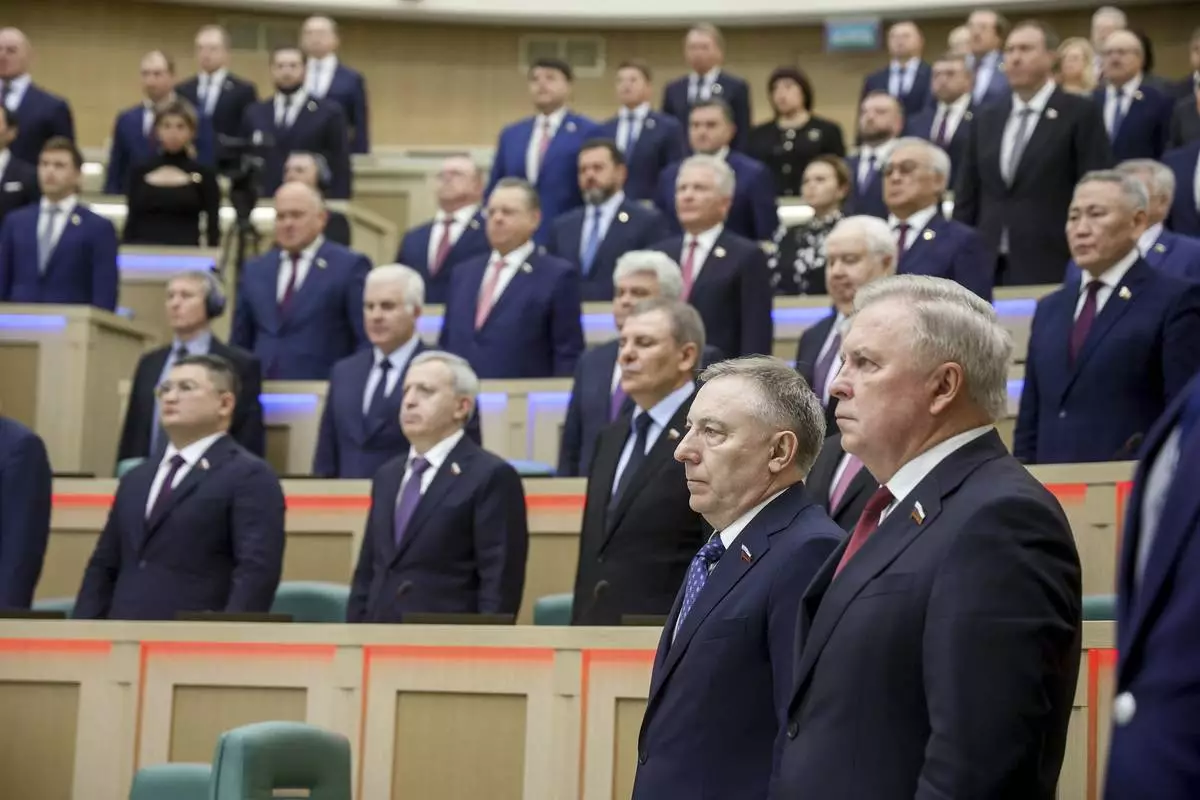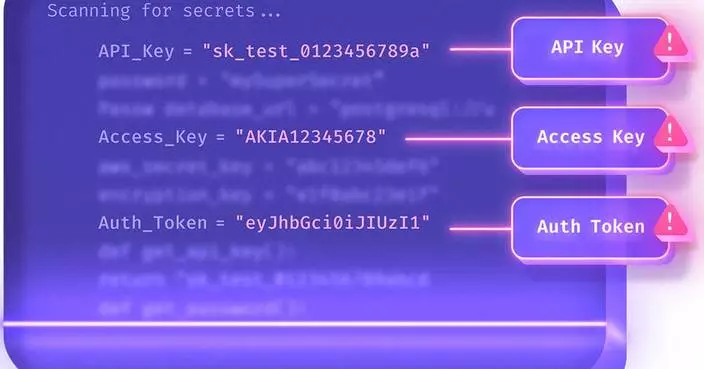LOS ANGELES--(BUSINESS WIRE)--Nov 20, 2024--
It used to be that kids could temporarily escape their bullies on the weekends and school holidays. But with social media, texts and emails, cyberbullying can happen anytime and anywhere. Unlike in-person bullying, name-calling, spreading rumors or sending embarrassing pictures through text messages or social media can reach students in other schools, and in different cities or states.
This press release features multimedia. View the full release here: https://www.businesswire.com/news/home/20241120651473/en/
When bullies use their phones and other digital devices to threaten, embarrass or harass others, it can be challenging for school counselors to intervene.
“But we can take steps to help prevent cyberbullying by educating students on how to report issues of aggression and other negative behavior that happens on social media and gaming platforms,” said Jaspreet Kaur, school counselor coordinator at Learn4Life, a network of 80+ public high schools. “School counselors understand their state’s cyberbullying laws and can help schools create and enforce anti-cyberbullying policies that follow these laws.”
Kaur and Learn4Life offer these tips to prevent and cope with cyberbullying:
Don’t respond to or forward cyberbullying messages. Block the person who is cyberbullying and document the online attacks. Record the dates, times and descriptions, and save and print screenshots, emails and texts. Use this evidence to report cyberbullying to web and cell phone service providers and social media sites.
Schools can help improve students’social emotional skills. This can be done with programs that promote school-wide social-emotional learning. Kaur said Learn4Life places a huge emphasis on helping teens build resiliency to cope with bullies and develop empathy for others to prevent bullying.
Utilize privacy settings. Understand what measures you can take to keep content private on the websites you use. On most social networking sites, you can adjust your settings so that only the people you select are able to see your personal information and posts. It’s important to check these privacy settings frequently, because sites sometimes change their policies.
Think before you post. Never forget that the internet is public. What you put out there can never be erased. If you wouldn’t say something in a room full of strangers, don’t say it online. Keep personal information personal. Don’t reveal identifying details about yourself like address, phone number, school, credit card number, etc.
Speak out. If a friend is being cyberbullied, don’t stand by and do nothing. Talk to them and seek help from a trusted adult. Your support may be just what the victim needs to overcome the problem. Never go through it in silence or isolate yourself, lean on support at school if needed.
“Schools must ensure they can provide a safe, caring environment so that students can attain the necessary mindsets and behaviors to advance their academic achievement,” Kaur added.
About Learn4Life
Learn4Life is a network of nonprofit public high schools that provide students personalized learning, career training and life skills. Each school is locally controlled, tuition free and gives students the flexibility and one-on-one attention they need to succeed. Serving more than 59,000 students through a year-round program, we help them prepare for a future beyond high school. For more information, please visit www.learn4life.org.


Bullying Doesn’t Take a Break Just Because School is on Holiday (Photo: Business Wire)
MOSCOW (AP) — Russia’s upper house of parliament on Wednesday endorsed a bill banning adoption of Russian children by citizens of countries where gender transitioning is legal.
The Federation Council also approved bills that outlaw the spread of material that encourages people not to have children.
The bills, which have previously been approved by the lower house, will now go to President Vladimir Putin for signing into law. They follow a series of laws that have suppressed sexual minorities and bolstered longstanding conventional values.
Lower house speaker Vyacheslav Volodin, who was among the new bill's authors, noted that “it is extremely important to eliminate possible dangers in the form of gender reassignment that adopted children may face in these countries.”
The adoption ban would apply to at least 15 countries, most of them in Europe as well as in Australia, Argentina and Canada. Adoption of Russian children by U.S. citizens was banned in 2012.
Other bills approved by lawmakers on Wednesday outlaw what is described as propaganda for remaining child-free and impose fines of up to 5 million rubles (about $50,000). Its proponents contended that public arguments against having children are part of purported Western efforts to weaken Russia by encouraging population decline.
Putin and other top officials in recent years have increasingly called for observing so-called traditional values as a counter to Western liberalism. As Russia’s population declines, Putin has made statements advocating large families and last year urged women to have as many as eight children.
Russia last year banned gender-transition medical procedures and its Supreme Court declared the LGBTQ+ “movement” to be extremist.
In 2022, Putin signed a law prohibiting the distribution of LGBTQ+ information to people of all ages, expanding a ban issued in 2013 on disseminating the material to minors.
Since he sent troops into Ukraine in February 2022, the Kremlin leader has repeatedly characterized the West as “satanic” and accused it of trying to undermine Russia by exporting liberal ideologies.
Independent journalists, critics, activists and opposition figures in Russia have come under increasing pressure from the government in recent years, intensifying significantly amid the conflict in Ukraine. Hundreds of nongovernmental groups and individuals have been designated as a “foreign agent” — a label that implies additional government scrutiny and carries strong pejorative connotations.
On Wednesday, the lower house of parliament, the State Duma, gave preliminary approval to a bill that would ban those who have been designated “foreign agents” from accessing their incomes. The measure would freeze all their Russia-generated income on special accounts and would only allow them access to the funds if their “foreign agent” status is revoked.
Volodin, the lower house speaker, has said that the proposed legislation was aimed at preventing “the enrichment of traitors to the motherland at citizens' expense.”

In this photo released by the Federation Council of The Federal Assembly of the Russian Federation Press Service, lawmakers of Federation Council of the Federal Assembly of the Russian Federation listen to the national anthem prior to a session in Moscow, Wednesday, Nov. 20, 2024. (The Federation Council of The Federal Assembly of The Russian Federation Press Service via AP)

In this photo released by the Federation Council of The Federal Assembly of the Russian Federation Press Service, lawmakers of Federation Council of the Federal Assembly of the Russian Federation listen to the national anthem prior to a session in Moscow, Wednesday, Nov. 20, 2024. (The Federation Council of The Federal Assembly of The Russian Federation Press Service via AP)

In this photo released by the Federation Council of The Federal Assembly of the Russian Federation Press Service, lawmakers of Federation Council of the Federal Assembly of the Russian Federation listen to the national anthem prior to a session in Moscow, Wednesday, Nov. 20, 2024. (The Federation Council of The Federal Assembly of The Russian Federation Press Service via AP)

Russian President Vladimir Putin listens to New People party's leader Alexey Nechaev during their meeting at the Kremlin in Moscow, Russia, Tuesday, Nov. 19, 2024. (Vyacheslav Prokofyev, Sputnik, Kremlin Pool Photo via AP)















